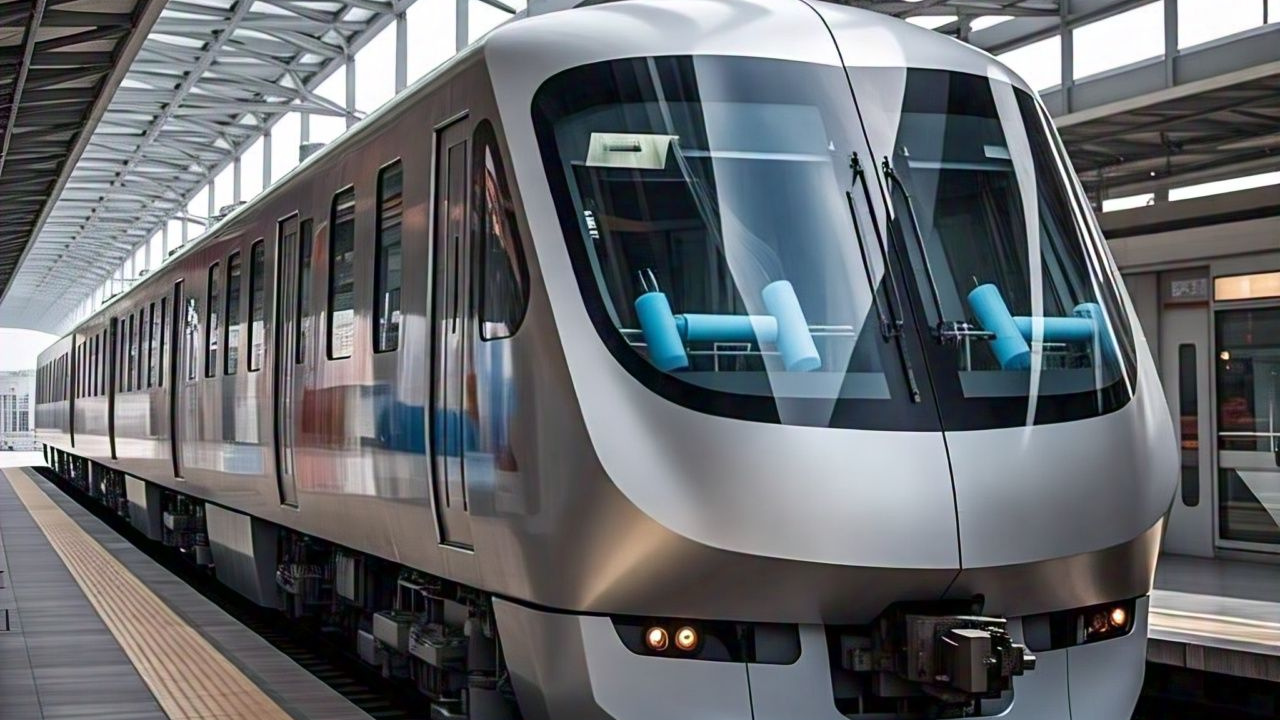Indian Railways' Hydrogen-Powered Train Initiative: A Sustainable Step Forward
Key Ideas
- Indian Railways is set to conduct trials for its first hydrogen-powered train on the Jind-Sonipat route in Haryana, aiming to achieve net-zero carbon emissions by 2030.
- The hydrogen train, designed to run at 140 km/h, operates using fuel cells that produce only water vapor as a by-product, offering an eco-friendly alternative to diesel trains.
- A pilot project to retrofit a Hydrogen Fuel Cell on an existing train is underway, with plans to introduce 35 hydrogen trains by 2025, aligning India with global leaders in hydrogen technology.
- Despite higher initial costs, the long-term benefits of hydrogen trains include sustainability and efficiency, reinforcing India's commitment to green transportation solutions.
Indian Railways is making significant strides towards sustainability by preparing to conduct trials for its first hydrogen-powered train on the 90-kilometer Jind-Sonipat route in Haryana next month. This initiative is part of the railways' goal to achieve net-zero carbon emissions by 2030. Designed to reach speeds of up to 140 kilometers per hour, the hydrogen train manufactured by the Integral Coach Factory in Tamil Nadu operates using hydrogen fuel cells that produce electricity through a chemical reaction with oxygen, emitting only water vapor as a clean by-product. This eco-friendly approach positions the hydrogen train as a promising alternative to traditional diesel-powered trains. In parallel, a pilot project to retrofit a Hydrogen Fuel Cell on an existing Diesel Electric Multiple Unit (DEMU) rake is also underway, with a significant investment of ₹111.83 crores for the project including the development of necessary infrastructure. The retrofitted train will also operate on the Jind-Sonipat section of the Northern Railway. If successful, Indian Railways plans to introduce 35 hydrogen-powered trains by 2025, each costing ₹80 crores. Additionally, ground infrastructure development for these trains is estimated to require an additional ₹70 crores per route, particularly focusing on heritage and hill routes. This strategic move aligns India with leading countries like Germany, Sweden, and China that have already incorporated hydrogen-powered trains in their transportation systems. While the upfront costs of hydrogen trains may be higher, the long-term benefits in terms of sustainability and efficiency are expected to outweigh these initial expenses, providing a green and viable solution for the future of transportation in India.
